
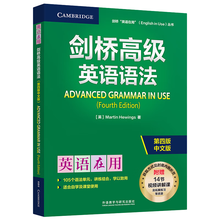
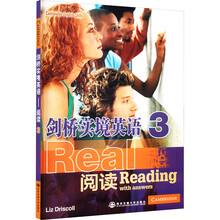
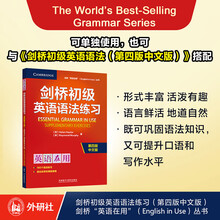
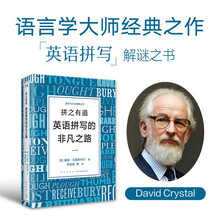





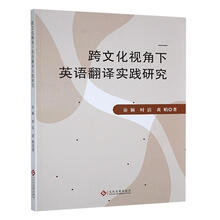
★ 由英语学界泰斗、英文教育界先驱、陆谷孙恩师葛传椝先生撰写
★ 全书以简明地道的英文写成
★ 指出中国英语学习者在写作中遇到的难题并一一解答
★ 包含摘自现代英语中的大量实例
★ 配以切合实际的练习题,巩固写作技巧
★ 对惯用法、习语和遣词造句等有关问题进行了详实阐述
《葛传椝英语写作》是葛传椝先生为我国读者撰写的英语写作专著,可作高校教材,亦可作自学课本。除对写作基本知识、写作技巧和文体修辞分章介绍之外,还特别对惯用法、习语和遣词造句等有关问题进行了详实阐述。同时配以大量取自现代英美书刊原著中的实例,以及各种切合实际的练习题。本书用简明地道的英文写成,是英语写作教材之经典。
CONTENTS
CHAPTER I INTRODUCTION
1. Composition and Compositions
2. Purpose of This Book
3. Your Advantage
4. Your Special Difficulties
5. Rhetoric
CHAPTER II MECHANICS OF COMPOSITION
6. Materials
7. One Side or Two Sides?
8. Margins
9. Spacing
10. Titles
11. Paging
12. Folding
13. Endorsing
14. Spelling
15. Syllabication
16. Underlining
17. Italics
18. Omissions, Corrections, and Insertions
19. A Warning
CHAPTER III LEARNING TO WRITE
20. Something to Say
21. How to Say It
22. A Consolation
23. Others May Have Said It before You
24. What to Read
25. How to Read
26. Some Dictionaries Recommended
27. Self-cultivation
28. Writing from Memory
29. Imitation, Conscious and Unconscious
30. Reading Dictionaries
31. Expressing Another Person’s Thoughts
32. Paraphrasing Sentences
33. Suggestions for Paraphrasing
34. Paraphrasing Paragraphs
35. Paraphrasing Verse
36. Condensing
37. Various Degrees of Condensation
38. Suggestions for Condensing
39. Using Materia1 in Han
40. Expressing Your Own Thoughts
41. Keeping a Diary
42. Choosing a Subject
43. Choosing a Title
44. Taking Notes
45. Making an Outline
46. Note-taking and Outline-making in the Head
47. Making Outlines of What You Read
48. Expanding an Outline
49. Practice in Composition
CHAPTER IV WRITING CORRECTLY
50. What is Correct English?
51. Usage
52. Present-day Usage
53. Neologisms
54. English and American Usage
55. Good Usage
56. Expressions Outside of Good Usage
57. Colloquialisms Etc in Written English
58. You are Quite Safe
59. How You Violate Usage
……
CHAPTER V WRITING CORRECTLY (Continued)
CHAPTER VI WRITING WELL
CHAPTER VII PARAGRAPHS
Chapter VIII FORMS OF COMPOSITION